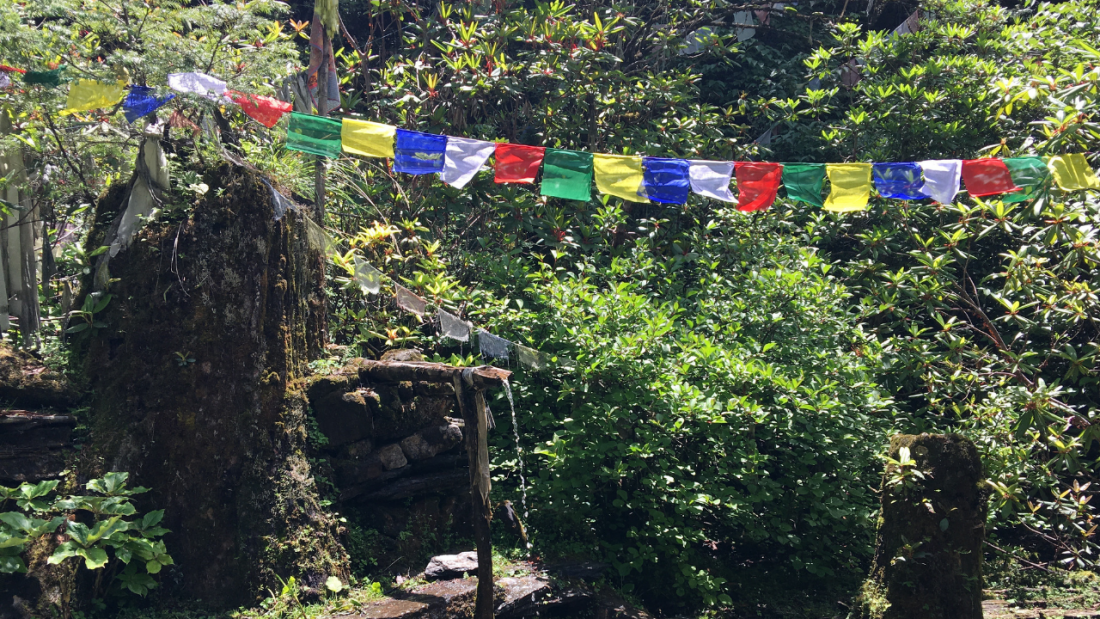Spending time in natures shows us the delicate balance required to sustain life and a sustainable food supply. Water is sacred to life. Water, after air, is our most precious resource. So how do we best celebrate and protect it?
Water is sacred to:
Our existence
Human existence depends on water. The human body contains 50 to 80% water, with higher levels being found in the brain and our muscles.
Water is essential for numerous processes in the body, and you can read more about our requirements for water here.
One of the largest advances in human health over the past 100 years is the supply of clean fresh water.
Believe it or not, separating drinking water and sewerage has had the biggest impact on human health. It has more impact, overall, than any medical intervention including surgery and medications.
Our food supply
Whilst I believe that most of us understand the requirement for water for a sustainable food supply, I question some of our practices around the use of water.
In Australia during my lifetime there have been a number of severe droughts. I have lived on food producing properties that rely on tank and dam water. So, I understand how precious water is.
I know research is underway to better match food production with water supply. As it really doesn’t make sense growing rice in arid climates.
Further attention is required in the area of chemical use for agriculture and livestock too, as excess chemicals flow into our water systems. This is one advantage of organic and biodynamic farming.
Natural water resources
An area of water sourcing that concerns me is the desalination of sea water. Do we really know what the impact of putting the resulting salts and minerals into the ocean? The answer to this is an unfortunate “no”.
During my recent visit to the Great Barrier Reef I asked a marine researcher about the impact of raising the salt levels in the water and he advised that more research is required. He did explain that increasing salinity is one of the factors that increases coral bleaching, which can lead to the death of the coral.
We also need to consider the total agriculture usage of water including the management of our river systems. This has not been done well in Australia with large losses of fish in the Murray-Darling River System in 2019.
Protecting water
On an individual level there is something that we can all do—not wasting water and prioritising the use of water in our gardens and for other household uses such as our time in the shower!
Not wasting water is part of the solution, but we also need to look at water catchment and storage too.
Water tanks have become popular in Australia and they should be encouraged for every household.
Grey water processing systems are also being included in new housing developments.
Please share your tips to protect and save water below.
Celebrating water
Water is sacred to many cultures. I have visited sacred springs in Nepal and the Ganges River in India.
And I would love to hear about places that you have visited where water is sacred.
- Water is used in many religious ceremonies, such as baptisms and christenings.
- The sound of flowing water in rivers and the rolling waves in the ocean have been found to contribute to our mental wellbeing.
- And the stillness of a lake or pond, can facilitate peace and stillness in our own mind.
- Natural mineral spring waters and spas for bathing, as well as balneotherapy (aromatherapy baths), have been part of healing practices for centuries.
Water is sacred to all of us, but we need to be consistently mindful of ways to protect and celebrate this precious resource.
To learn more more about ethical eating, see the Eating for You book.
